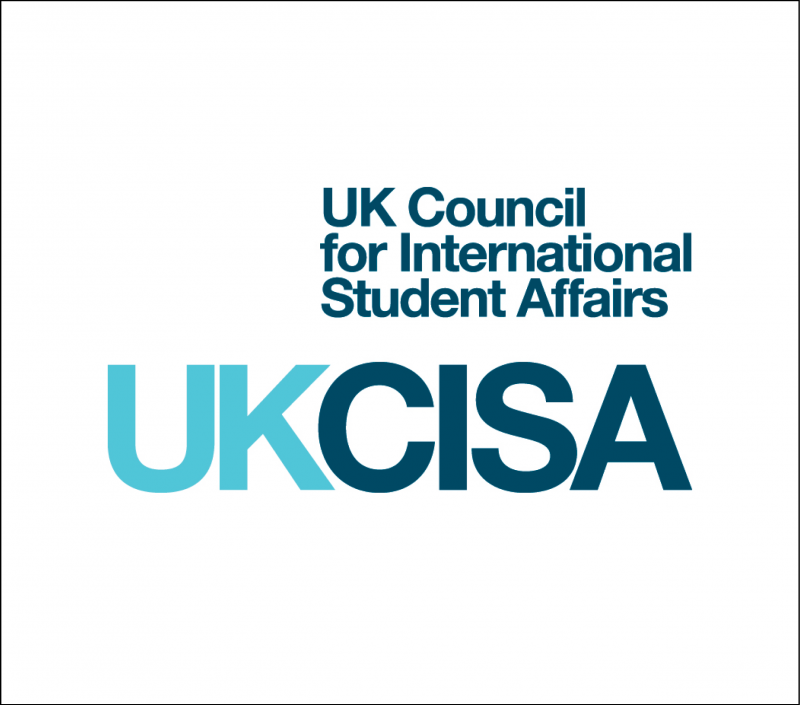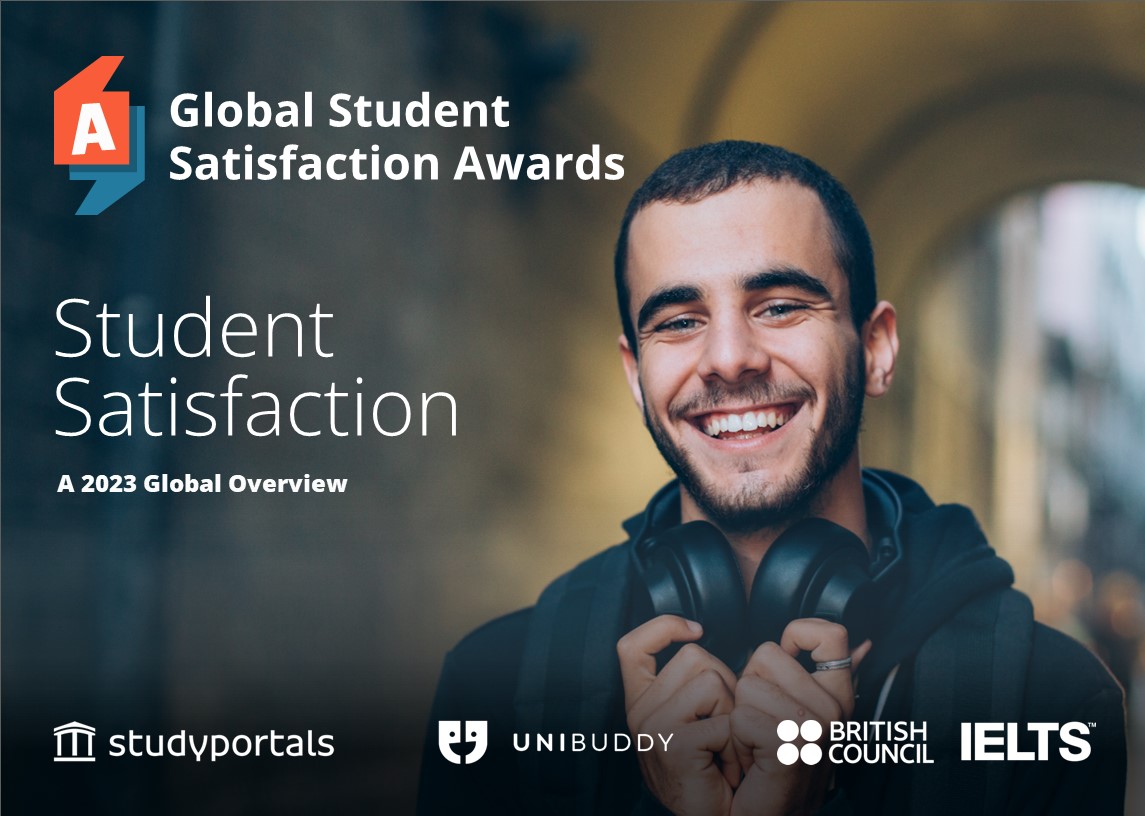US universities face challenges in communicating effectively with prospective international students
Mystery Shopping research benchmarks the world’s top 1,000 universities’ recruitment process through the eyes of international students.
US and Canadian universities ranked fifth in a study of how the world’s top 1,000 universities present themselves to prospective international students, according to Through Student’s Eyes research conducted by StudyPortals and the British Council. The findings will be presented at the NAFSA conference in Boston on Wednesday, May 27th. According to the report, the most effective universities to respond to international student enrollment interest were found in the Benelux and Scandinavian countries, followed by Australia and New Zealand, the UK and Ireland, German-speaking Europe, the United States and Canada, the rest of Europe, and Asia.
“International Education is already creating 340,000 jobs and contributing $26.8 Billion to the US economy1, as well as to the quality of education and the attraction of talent. The US has the most reputable system of higher education and yet only a relatively small percentage of international students2, and therefore there is large potential to grow this share. The study identifies how universities can improve in reaching, informing and communicating with prospective international students,” said Edwin van Rest, CEO of StudyPortals.
The report, which used students to mystery-shop the world’s best universities found that while US and Canadian universities are easy to find online, their websites fail to provide some basic information to students with one in five study program websites failing to mention key information such as accreditation, start date or duration.
While half of the 1,000 emails sent to the top US and Canadian universities were answered promptly, one in 5 emails received no reply, making the students question the university’s’ commitment towards international students. Furthermore, even among the universities that do reply to student inquiries, four in five do not follow-up with the student after the initial reply, failing to establish a connection with the prospective student and of gaining their interest or better promoting their university or study program.
Additionally, the top 100 universities in US and Canada are performing better overall, while the universities with lower ranks (Top 401-500) are catching up and outperforming higher ranked universities.
Stephen Carey, British Council IELTS, said: “This latest research gives further insight into international students’ attitudes towards universities including their needs and expectations of institutions across the globe. With thousands of students looking at studying abroad every year, the goal of StudyPortals and British Council IELTS is to help universities provide better services to international students across the board, as well as to promote transparency in international education worldwide.”
The US universities included in this research will receive an individualized report comparing their performance to the world’s best universities and providing guidelines and insights about better servicing international students.
The full report is available on the StudyPortals and IELTS British Council websites.
Notes:
1 The International Student Economic Value Tool, NAFSA
22014 Open Doors Report, Institute of International Education
Contact: Carmen Neghina – carmen@studyportals.com
For more updates, follow us!




